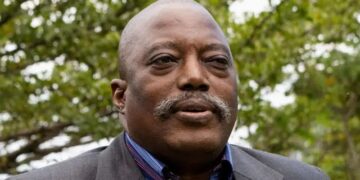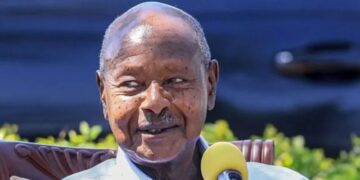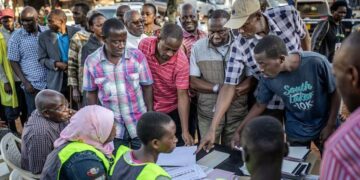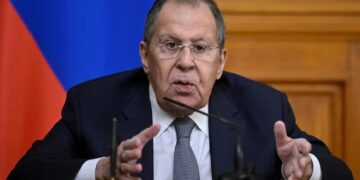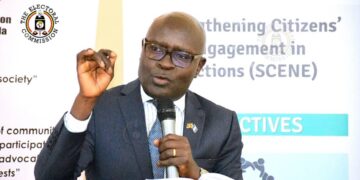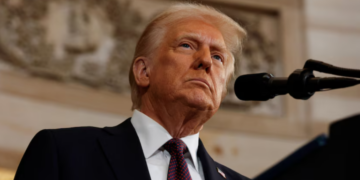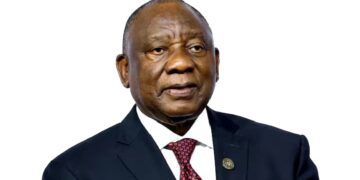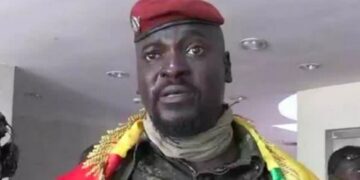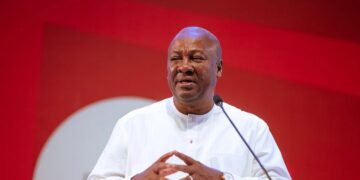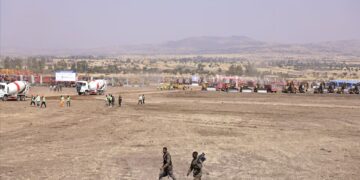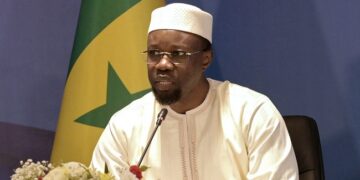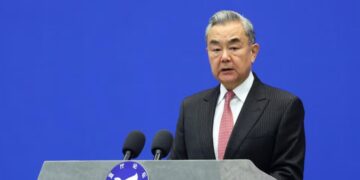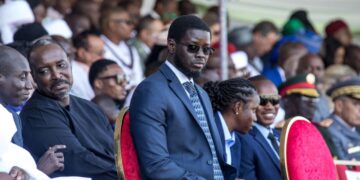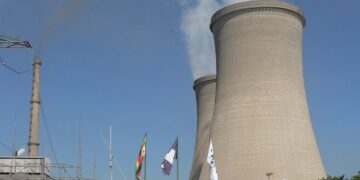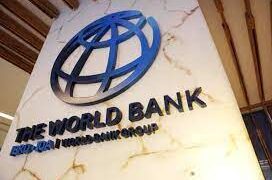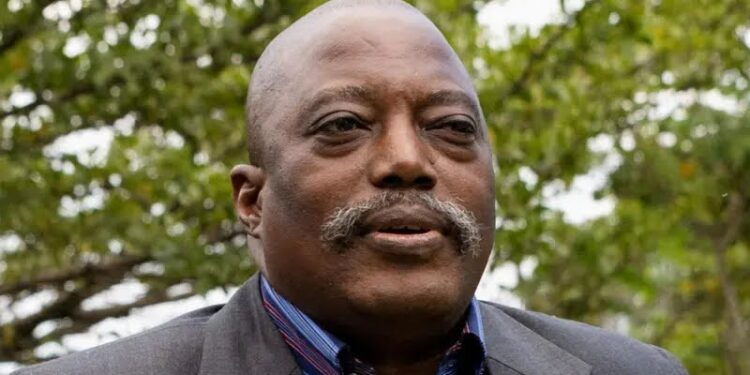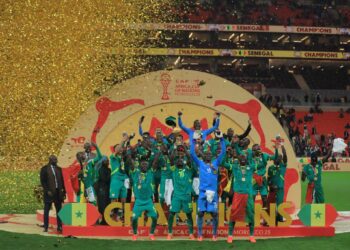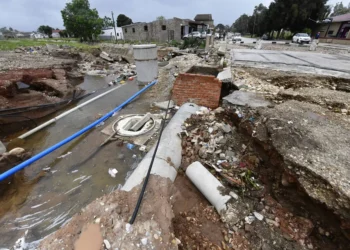By Emmanuel Nduka Obisue
A military court in the Democratic Republic of Congo (DRC) has sentenced former president Joseph Kabila to death in absentia on charges of treason, war crimes, and crimes against humanity.
The court ruled on Friday that Kabila, 54, backed the M23 rebel movement, which has fueled years of bloodshed in the country’s mineral-rich east. He was convicted of murder, sexual assault, torture, and insurrection, and ordered to pay $33 billion (£25 billion) in damages.
Kabila, who ruled DRC for 18 years after the assassination of his father Laurent in 2001, denied the charges but did not appear in court. From an undisclosed location, he condemned the case as “arbitrary” and accused the Congolese judiciary of serving as an “instrument of oppression”. His whereabouts remain unknown.
The ruling has drawn sharp criticism. Kikaya Bin Karubi, a close ally and former minister under Kabila, branded the trial “theatrical” and accused President Félix Tshisekedi of dictatorship, arguing no evidence linked Kabila to M23. Rebel leader Bertrand Bisimwa also rejected the verdict, warning it undermines fragile peace talks with the government.
Kabila, once an ally of Tshisekedi during the disputed 2019 elections, retreated into self-imposed exile in 2023 after relations soured. His return earlier this year to M23-held Goma, where he offered to mediate in the conflict, intensified suspicions of his ties to the insurgents. Tshisekedi later accused him of masterminding M23’s operations, prompting senators to revoke Kabila’s legal immunity and clear the way for his prosecution.
The sentencing comes as violence escalates in eastern DRC, where M23 fighters have seized Goma, Bukavu, and key airports despite a July ceasefire. The United Nations and Western governments accuse Rwanda of backing the rebels with troops and weapons — allegations Kigali denies, insisting its actions are defensive.
With civilians continuing to bear the brunt of the conflict, the verdict against Kabila has further polarized Congolese politics, casting doubt over peace efforts in a region long scarred by war.
